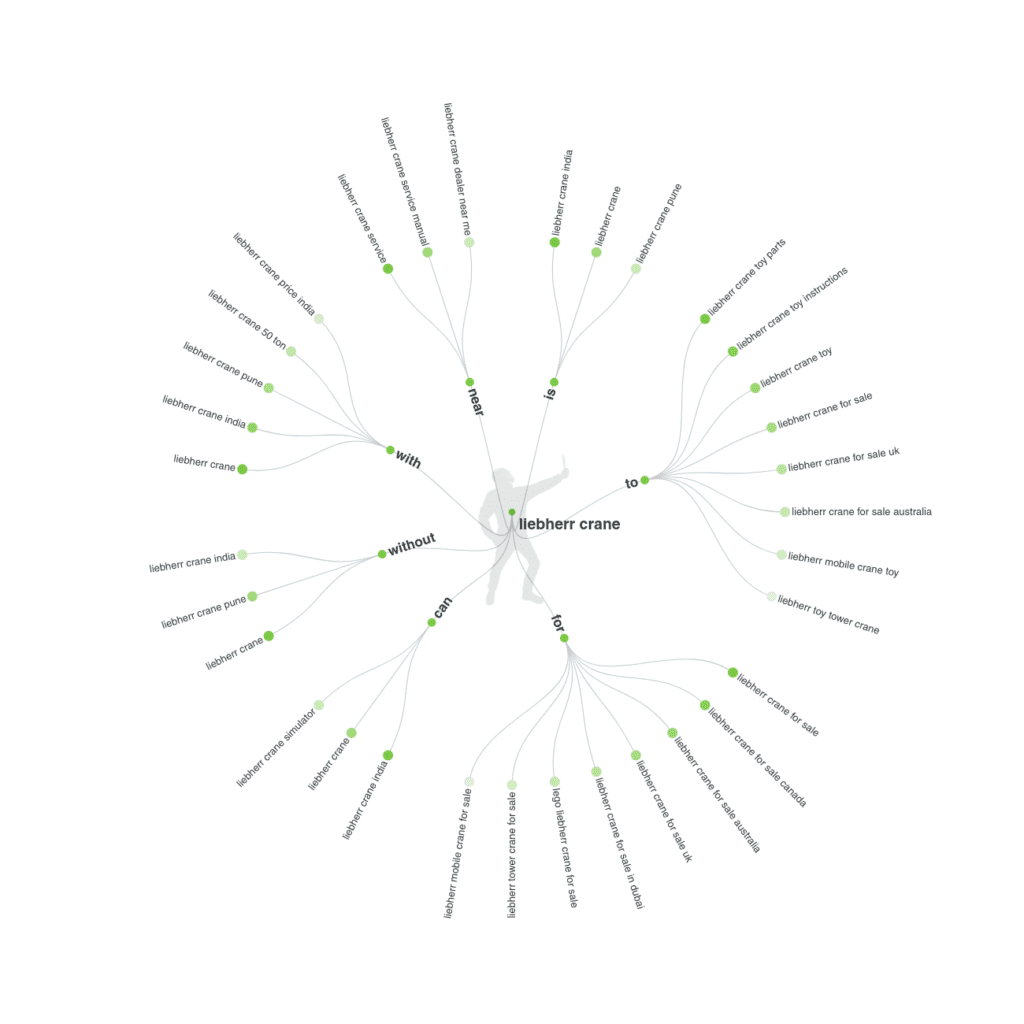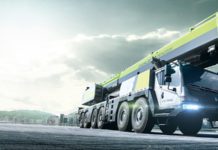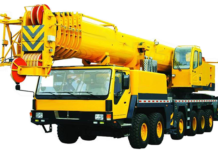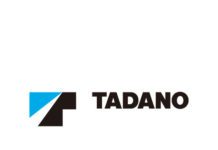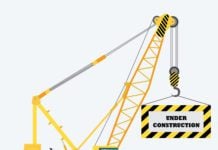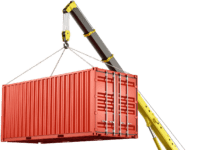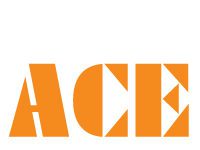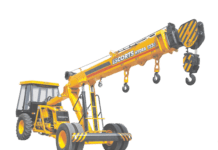Cranes maintained large groups of Liebherr products during the 1950s, 1960s and 1970s. After his innovations in building materials were thus brought to construction sites, he looked at digging dirt out of the ground. Excavators of the 1950s were enormous, heavy, and slow, thick steel cables running through pulleys to maneuver the bucket arm and digging, a technology that was inefficient in terms of precision and the application of leverage. In eight months, Liebherr invented its first hydraulic excavator, which was much lighter and had a more giant bucket than other machines in its class. The new invention, which once again revolutionised the construction industry, was a great success. Soon the Liebherr excavators became a second leg for the company to keep on its feet.
Founder
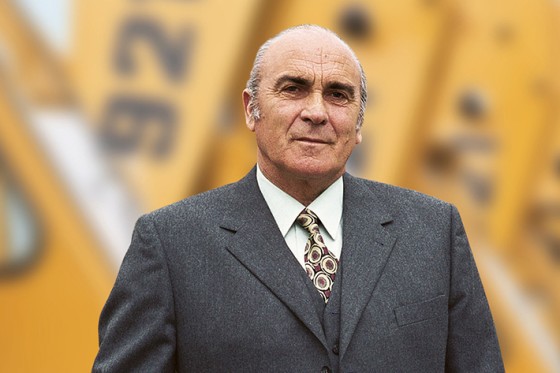
Hans Liebherr then transferred ownership of shares in his company to his sons. A German holding company was responsible for all business activities in Germany, and a Swiss-based holding company was responsible for all other subsidiaries. Hans, Jr., Markus, Liebherr and Hubert received equivalent shares from a German holding company. Willi and Isolde Liebherr were co-owners of a Swiss holding company.
However, despite the transfer of ownership, Hans Lieber maintained control of his company through a power of attorney with each of his children.
In 1983, Hans Liebherr’s daughter and four children finished their education in their twenties and thirties, and all began working as full-time CEOs in their father’s business. The eldest son Hans Jr., studied engineering and economics. Willie Liebherr became a mechanical engineer, while his younger brother Marcus studied Agri engineering. Hubert Liebherr ran an excavator factory in Algeria, Isolde was in charge of hotels, and the other Liebherr brothers held management positions in production or marketing.
However, around 1990, second generation Liebherr takes over. His industrial company generates approximately $ 2.5 billion in annual sales. Now it was time for the second generation Liebherr to take over the management of the family business equipment, and Isolda for the production of refrigerators. Hans, Jr., Willi, and Isolda met weekly to discuss basic investment, product development, and financial decisions.
Related :-
Warehouse and Small Temporary Storage Rental Services
Truck Rental Services
Crane Rental Services
Startup story of Liebherr
Hans Liebherr childhood in Kirchdorf, a small town in southern Germany located on the River Iller. He started as an apprentice in a small construction business which was her stepfather. At the time of World War II, Liebherr served in the German Army Corps of Engineers, specifically in the bridge unit built by German forces in Russia. There he obtained valuable information on common problems related to construction projects.
The monetary reform in West Germany in 1948 ushered in what was later called the German economic miracle. Returning home from the war, Liebherr – now in his mid-30s – began work on the prototype of a construction crane that is expected to be needed by smaller construction firms in the postwar rebuilding years. The new type of crane I had in mind would be easy to set up and transport, perform far better than the models available at the time and still be affordable for smaller companies. Liebherr built the 30-foot tower crane he had envisioned. After receiving a German patent for his invention in August 1949, he displayed his crane at a trade show.
The crane moved a lot of interest, but Liebherr did not receive any requests. Liebherr, however, believed in his idea and began to build some of his cranes. A few weeks later, orders began to arrive. The first Liebherr crane model was the TK 10. It could extend from 4.5 to 16 meters and carry from 650 kilograms to 2,000 kilograms in weight. It was folded for transportation and could be set within two to three hours. Conventional construction cranes were much larger than the TK 10, and it took several days to set up. In 1950, the business quickly took off. Liebherr was able to sell at very reasonable prices. All your cranes can be folded and transported as one unit.
In a few weeks, the small workshop became a small factory. Soon Crane Machine manufacturer Liebherr employed 110 people who built on a crane per day. In its first year of activity, Liebherr sold 160 cranes, generating sales of 2.2 million marks. In 1952, Liebherr introduced a new TK 28, which was equipped with an adjustable arm. External suppliers made the necessary gears according to Liebherr specifications. In the year of its introduction, the TK 28 had sold 267 cranes.
This, however, was not enough for Liebherr. The production of Types of cranes was completed with concrete mixers.
The company ventured into an entirely new field when it began manufacturing household refrigerators in the mid-1950s.
In the late 1950s, Liebherr had grown to a sizeable company. The company employs approximately 2,400 people and generated DM 77 million in sales.
Important contribution in Heavy Hauling Material Handling industry

In the 1970s, the company began making European Airbus aeronautical equipment, including nose wheels and modules for the air conditioning system. Airbus’s business is worth more than $ 500 million. Another area where the company had acquired unique technical know-how was gear manufacturing. He has adopted a policy of outsourcing as little as possible to maintain control over the production of major components, which went into the company’s products. Among the members were gearboxes and motors for Liebherr cranes and excavators, for which the company’s engineering division still developed the mechanisms to make them.
Finally, Liebherr began creating complete plants for other companies. For a customer from Algeria, Liebherr built an entire plant to produce excavators worth 500 million dollars and even with untrained personnel. Among the company’s major projects was installing a transmission assembly line for a truck plant in Russia worth $ 225 million.
The company facilities in rural areas, where, in their opinion, work and business ethics were better and labour costs cheaper.
Liebherr realized that there was no place where visitors could spend the night, so he started constructing two hotels in the vicinity of Nearby. Finally, the number of hotels managed by Liebherr increased to six.
In the following decades, around the 1960s, Austria emerged as the second-largest Liebherr location, in addition to Germany. Production facilities for crawler excavators followed the first plant for excavators and bearings, and by which were tube machines, coolers and freezers, harbour cranes and offshore cranes for ships and floating drilling platforms as the construction of two high-class hotels. A new mobile crane factory that is mounted on a chassis could be moved quickly between constructions sites opened in Ehingen, Germany, in 1969. The first orders for it were received from England, as well as from the Soviet Union.
In the 1970s, Liebherr expanded further, setting up new sales offices and production plants abroad in Brazil, Canada and South Africa. However, in the United States, which was not an easy task. In 1970, Liebherr established a new excavator plant near Newport News, Virginia. However, the most challenging task was finding distributors in the country who were willing to start offering their products to customers of a European newcomer who was competing with well-known American manufacturers.
However, Another problem was the decision to modify the company’s excavators to match American taste. The construction industry entered a recession in the mid-1970s, heavy machinery sales declined sharply in the United States.
To utilize free capacity at its Virginia plant, the company began manufacturing cranes and received a $ 15 million order from the US Navy. However, the deal proved costly for Liebherr, as the company had to make changes to the crane design from an already very low bid to meet the desired requirements.
The Liebherr group raised $ 1.1 billion in sales. The company had grown to medium size, from a family business to a multinational company, number 431 in Fortune.
At the time, the Liebherr group of companies employed 15,000 people in ten countries and raised $ 1.1 billion in sales. The company had grown to medium size, from a family business to a multinational company, number 431 in Fortune magazine’s ranking of the largest industrial companies outside the United States.
Hans Liebherr relied on two methods to run his company , monthly reports and unannounced visits. All 26 affiliates packed into a one-page report at the end of each month featuring the top financial and operational figures. One of Liebherr’s main concerns was that administrative cost does not run out of hand. To supplement this information, he regularly visited each of the production plants in Germany, Austria, France and Switzerland. Without warning, he often entered the production halls and spoke to the workers and foremen before speaking to any manager.
In the 1970s, Hans Liebherr moved his residence from Germany to Switzerland in order to avoid the German inheritance taxes.
Lauching New Dimensions

Hans Liebherr had left behind a financially healthy company. Due to its conservative financial policy, the company was free of long-term debt. All investment projects are financed with cash from the flow company. In the 1990s, after capitalizing on the construction boom brought on by the reunification of East and West Germany, the Liebherr group increasingly in emerging markets in Asia, North America and the Far East. In 1995, Liebherr helped establish a truck gear manufacturing plant in Tatarstan for Russian truck manufacturer Kamaz.
The new business division benefited from Liebherr know-how in aircraft air conditioning technology. In the same year, the company founded Liebherr-Mietpartner, a new subsidiary that established a network of more than 70 construction equipment rental centres throughout Germany.
He acquired North American dump truck manufacturer Wiseda, a major step into the US market for mining equipment. In 1999, a new Liebherr refrigeration plant was created in Plovdiv, Bulgaria, which began bringing out low-priced models for the European market in 2000. New production lines in Asia include a Crane machine plant in Thailand and four manufacturing companies. In 1999, a new Liebherr refrigeration plant was created in Plovdiv, Bulgaria, which began bringing out low-priced models for the European market in 2000.
In 1999, Hans, Jr. resigned from active involvement in the family business but remained on its supervisory board. Willi was appointed president of the Liebherr Group, and Isolda became vice president.
Related :-
Advantages of road transport :- Please Click
Disadvantages of road transport :- Please Click
Oversized Load Transportation Problems :- Please Click
Total Manufacturing Plant Units
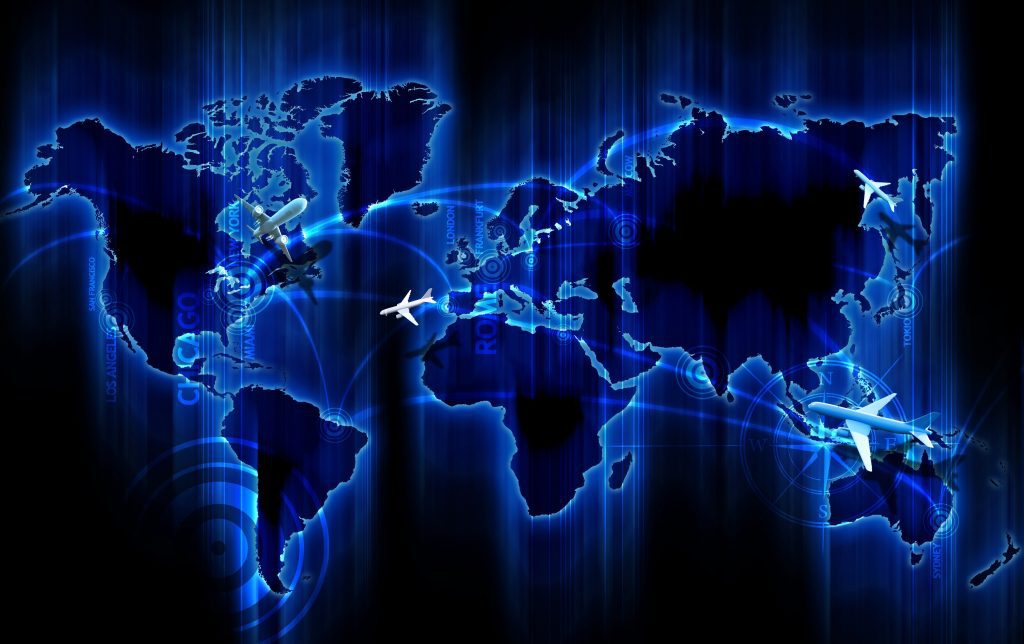
Production and development of Liebherr components and products distributed in 29 regions on 4 continents in 12 countries
An important contribution in the Heavy Hauling Material Handling industry
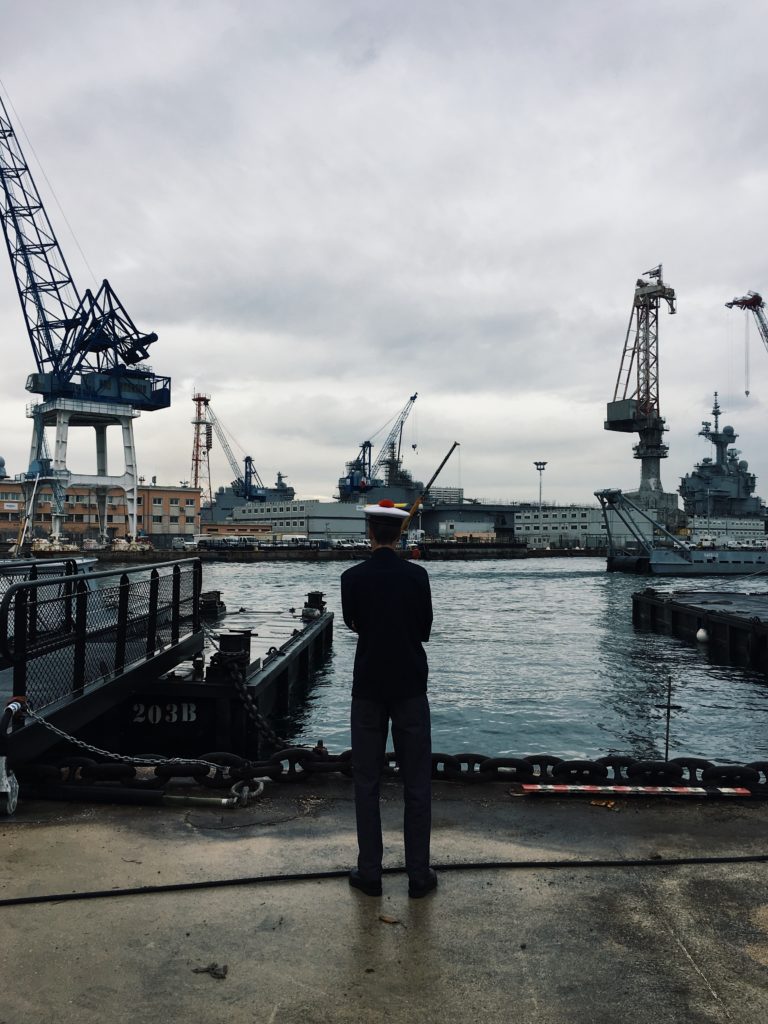
Liebherr’s organizational structure changed when four business divisions – Earth Moving Machinery, Construction Machinery, Refrigerators / Freezers and Aviation Equipment – replaced the previous management of farms in Germany and Austria.
The launch of the new heavy hauling for the construction and maintenance of offshore wind power systems. Willi and Isolda Liebherr believed that the company would be able to grow on its own resources – without the help of foreign investors – and to withstand the increasing pressure of accelerating global consolidation and competition. You can easily get Crane Rental and Hiring Service.
That was the way it grew to its current size as a family business. Willi and Isolda Liebherr believe that without the help of foreign investors, the company can grow on its own resources and withstand the increasing pressure of global integration and accelerated competition.
Regular Reselling value (Good Or Bad)
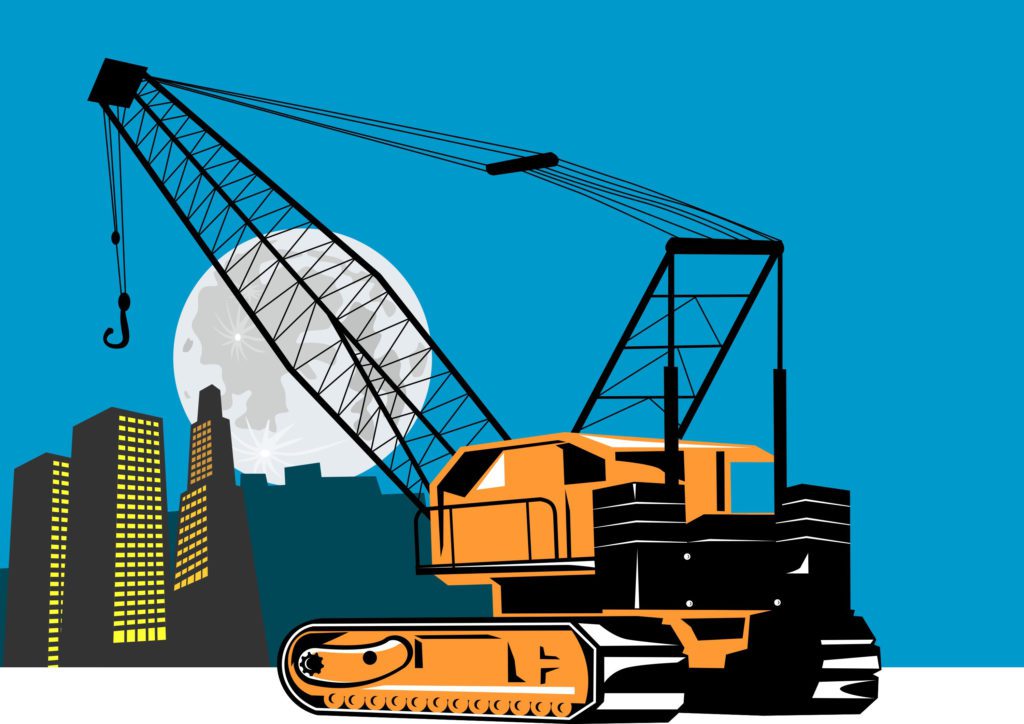
Liebherr Group recorded sales of 10551 million dollars in 2018, breaking the number.
The 10,000 million euro barrier for the first time in the company’s history. This is an increase.Seven hundred thirty-nine million Dollarss, 7.5% more than the previous year. Group sales totalled €10,341 million, which represented $1,409 million (12.0%) in 2019.
Specialisation

- Earthmoving
- Mining
- Mobile Cranes
- Tower Cranes
- Concrete Technology
- Maritime Cranes
- Aerospace
- Transportation Systems
- Gear Technology and
- Automation Systems
- Domestic Appliances
- Components
- Hotels
Main subsidiaries:
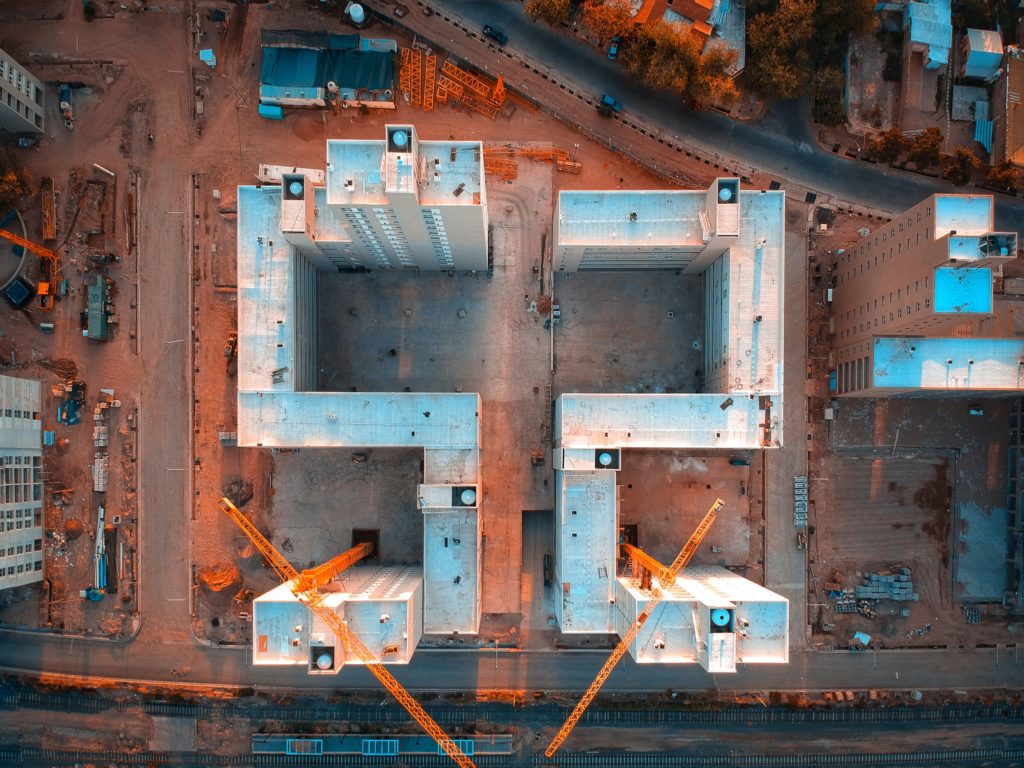
- Holding GmbH Liebherr
- Werk Nenzing GmbH Liebherr- (Austria)
- Toulouse SAS Aerospace-Liebherr (France)
- Liebherr SA Bulle machines (Switzerland)
- Mining equipment Liebherr Co. (United States)
- Liebherr Container Cranes Ltd. (Ireland)
- Liebherr Sunderland Works Ltd. (UK)
- Equipamentos Embraer Liebherr-do Brasil SA
- Liebherr Brasil LTD
- Liebherr Xuzhuo Machinery Concrete Co. Ltd. (China)
- Liebherr (Thailand) Co. Ltd etc……..
Recommended :-
Transport Department :- Please Click
History of Transportation :- Please Click
Importance of transport system :- Please Click
Conclusion
Liebherr Group is a large scale technology company diversified product programme. It also offers high quality and user-oriented products and services in many other areas. Group Holding Company ensures the crane availability throughout the world.
It is Liebherr-International AG and is based in Bol (Switzerland).
All of its shareholders are members of the Liebherr family. For the purpose of the family business, long-term success, sustainable development, stability, and reliability are important. Liebherr develops and manufactures a large variety of wonderful products. They are recognised in the world markets for their high accuracy, excellent design and special durability. With its innovations and vision technologies, the company strives to inspire its customers
Click and follow our page for regular upgraded and latest news about Material Handling and Crane Rental Service :- Please Click
Public Frequently Asked Questions FAQ :-
Where are Liebherr cranes made?
Germany.
How high can mobile cranes reach?
The type of mobile crane—hydraulic all-terrain, picker truck, rough terrain, or crawler—greatly impacts maximum reach. For example, a crawler crane can offer up to 300′ of boom and an additional 300′ of jib extensions while all-terrain cranes offer up to 197′ of reach height.
Liebherr is a good brand?
Liebherr 50+ years trustable name in matertial handling Industry .
Who owns the biggest crane in the world?
The Liebherr Crane is the largest mobile crane with the lifting capacity of 1,200 metric tonnes. Cranes are used for a range of construction jobs in Australia, with many different types of cranes available for hire across the country!
What is the most expensive crane?
2010 Liebherr LTM1500-8.1 600-ton 16x8x12 all terrain crane
How much can a normal crane lift?
10 and 60 tonnes
How do you calculate crane load?
Measure geometric components
The standard calculation for maximum crane capacity is (r)(hC)/100.
R = Radius between the ground and load.
hC = Lifting height multiplied by the capacity.
How tall is the world’s biggest crane?
The 2nd tallest land-based crane in the world is Liebherr LR 13000, introduced in 2010. The machine’ maximum height is 248 m. It also offers a huge lifting capacity of 3.000 tonnes.
What is load formula?
Newton’s formula: force = mass x acceleration.
